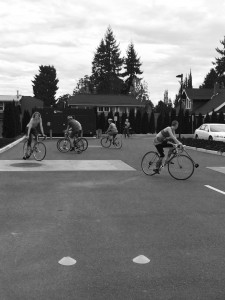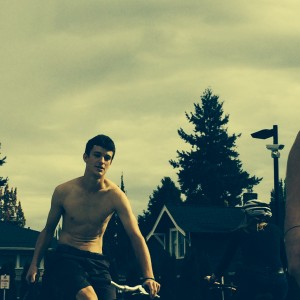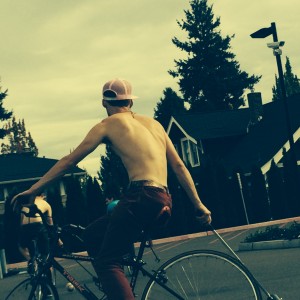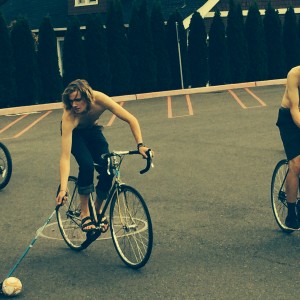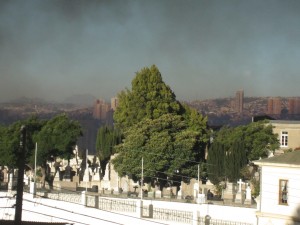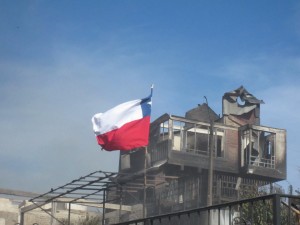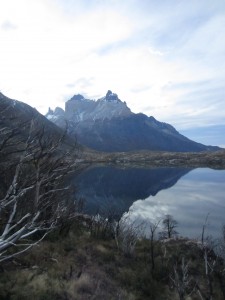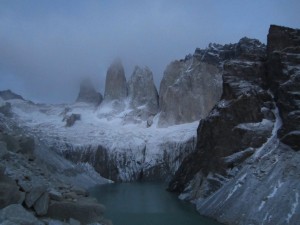Did you know that we used to ride to practice in a mini school bus, but now we carpool to the marina next to Point Defiance?
Did you know that more water flows under the Narrows Bridge per day than flows out of the Amazon? Sometimes I wonder what the ferry employees think of us in our dinky boats, struggling against a strong tide to go around an upwind mark.
Did you know that we compete against Canadians, and at our last regatta we competed against teams from as far away as Massachusetts? They come out to sail our one inter-conference regatta in the glorious venue that is the Columbia River Gorge.
Did you know the Columbia river’s average output is about 1/28 that of the Amazon’s? It is still one of the worlds largest rivers. And did you know that you could have spent your Sunday afternoon floating down the mighty Columbia towards the Bonneville dam, clinging to your capsized boat, overpowered by wind and waves and current?
We were on the second and final downwind leg of the race. The waves were rolling in from behind us, surging us forward with displays of power like the accelerations of a race car. I commented to my crew Nick on how fast we were going and with the rush of another wave following too close on the heels of the last, my grip on the tiller extension somehow weakened and the boat steered itself across the wind, bucking as the sail swung to the opposite side and rolling over. It was not good. We were both dressed for the warm weather, not for the icy chill of the water, and it did not take long for the strength to leave our limbs. I climbed on top of the overturned hull and pulled Nick up next to me. Squeezing my fingers into the small space that the centerboard slid into, I managed to pull it out and we used it as leverage to turn the boat halfway. We righted the boat only to have it tip back over, the centerboard sliding back down. By the time the chase boat had come to help us, we must have floated past the finish line, downwind and downstream of the whole race course. I ducked underneath the boat to rig the bungee so that the centerboard would stay up, claustrophobic in the small breathing space and letting my fingers improvise knots.
We righted ourselves twice, three times, I don’t know how many times, but even with the help of someone from the chase boat the boat did not want to stay righted. I remember thinking that I couldn’t possibly hoisting myself up, and then thinking, “I have to,” and doing it anyway. I remember clinging monkey-style to the centerboard as we were towed back upstream a ways, and then climbing on top of the centerboard and righting us one last time. More help had come; someone was in the boat ensuring it did not tip over again. We were safe. Nick and I were popped in the power boat and sped back to the marina.
Did you know that I sailed for four years at University of Puget Sound? Here’s how the last race of my career went: we started fast, and we ended up surrounded by concerned sailors with towels, blankets, warm clothes, and tea. I got a hug and a rare expression of concern from Wes, the only person that has been on the team for all the time that I have. And I left knowing a little bit more about myself than I did before.

